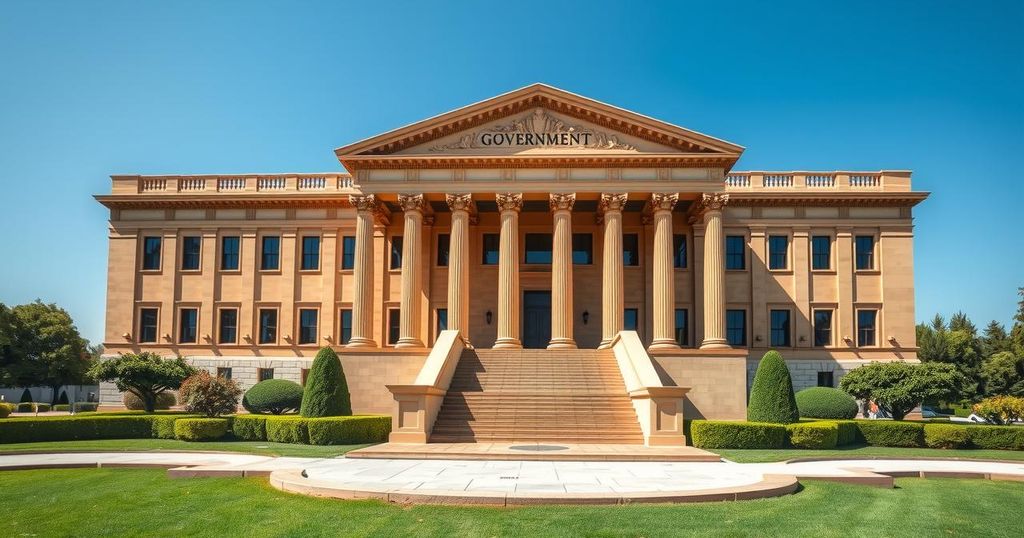Argentina’s government has integrated IMF loan conditions into a Necessity and Urgency Decree, intending to present it to the National Congress for endorsement. This loan, part of an Extended Fund Facility (EFF), allows for ten-year interest payments aimed at strengthening international reserves and addressing government bond issues.
On Tuesday, the government of Argentina officially integrated the conditions of its proposed loan agreement with the International Monetary Fund (IMF) into a Necessity and Urgency Decree. This measure aims to facilitate the endorsement of the decree by the National Congress, as revealed by the President’s Office.
This loan arrangement is part of the Extended Fund Facility (EFF) program, which permits a flexible repayment option over a period of ten years, with an extension of four years and six months. The decree does not specify the exact loan amount; however, the intent is to bolster international reserves by enabling the Central Bank of the Argentine Republic (BCRA) to fulfill its commitments concerning treasury bills.
Additionally, the decree emphasizes the critical necessity of reversing the current situation of international reserves. This will be achieved by eliminating certain government bonds that are non-transferable, thus reinforcing the financial stability of Argentina’s economy.
In summary, Argentina’s recent decree demonstrates the government’s proactive approach to fulfilling IMF loan requirements while aiming to strengthen its international reserves. By enacting the terms of the Extended Fund Facility, the country seeks to ensure financial stability and recover from its economic challenges. These measures reflect the government’s commitment to improving the fiscal health of the nation.
Original Source: menafn.com




